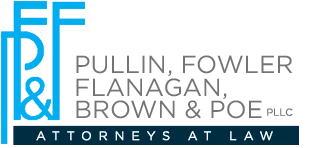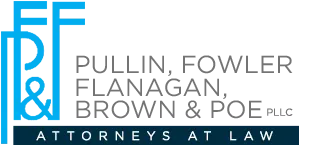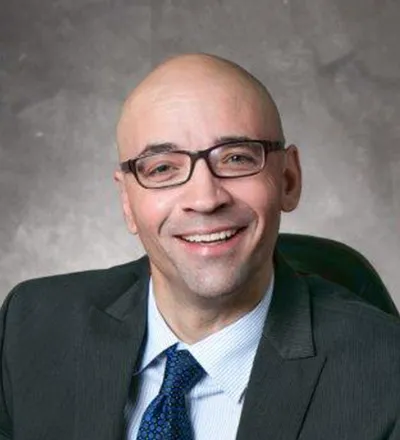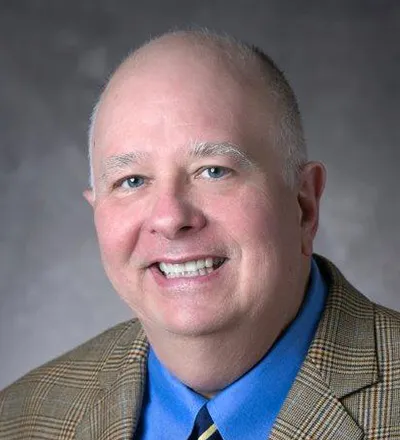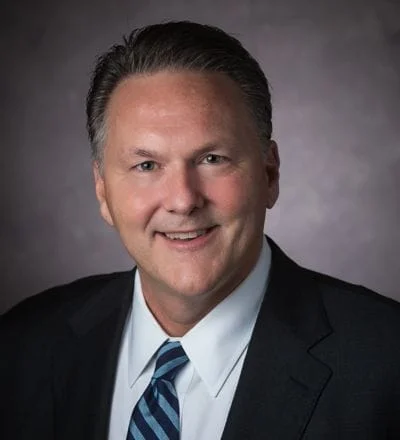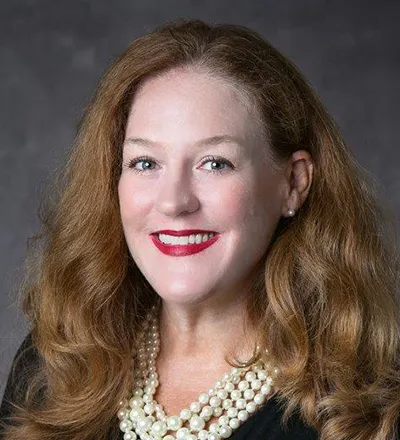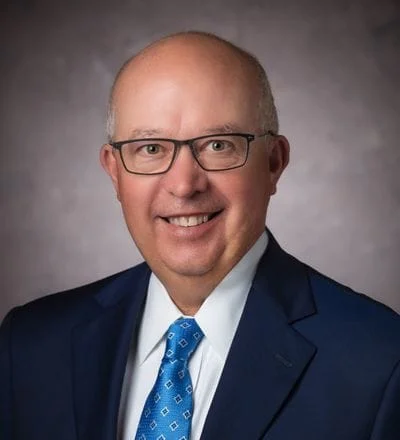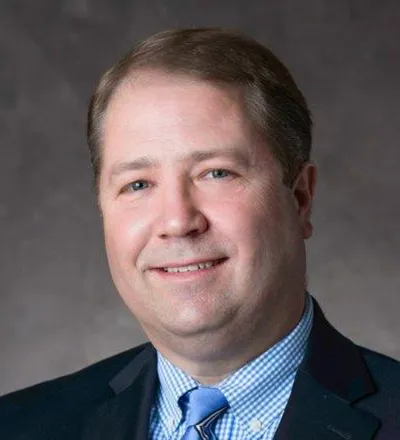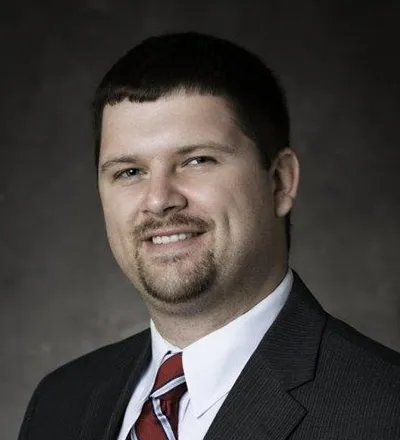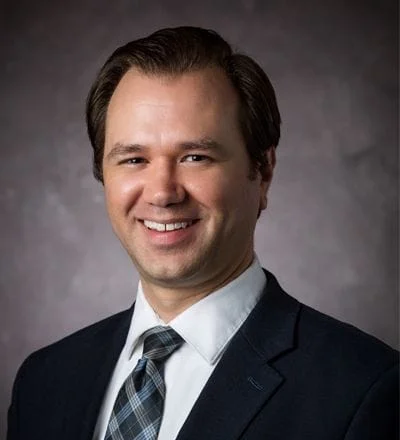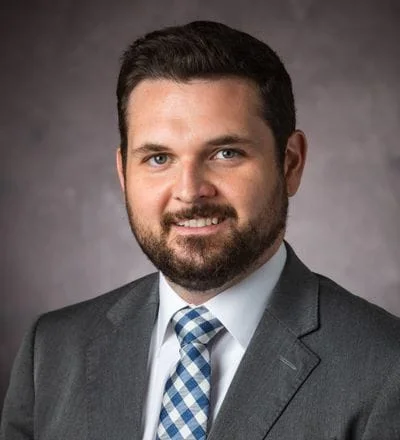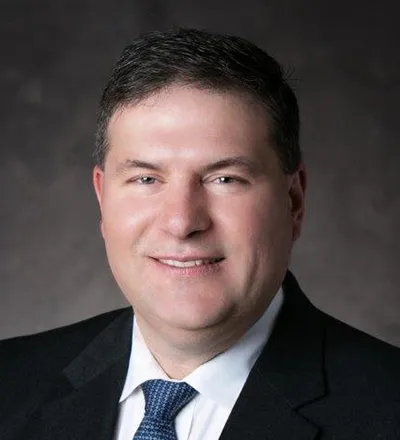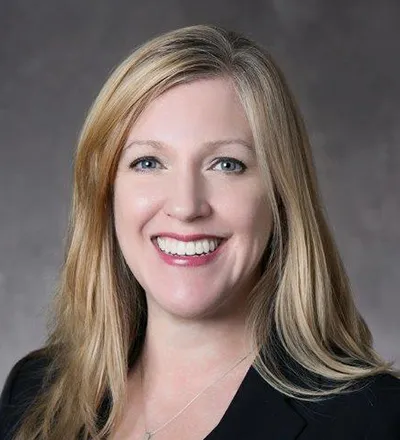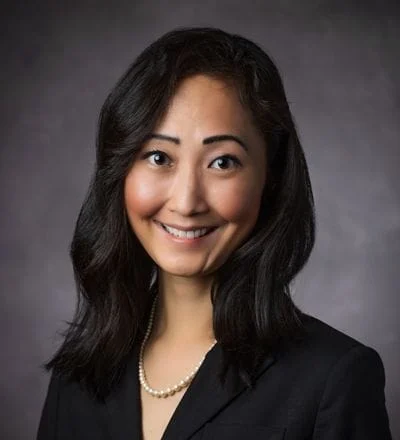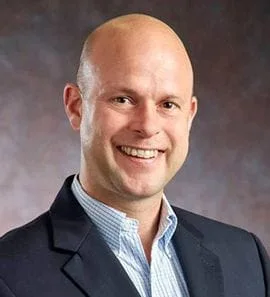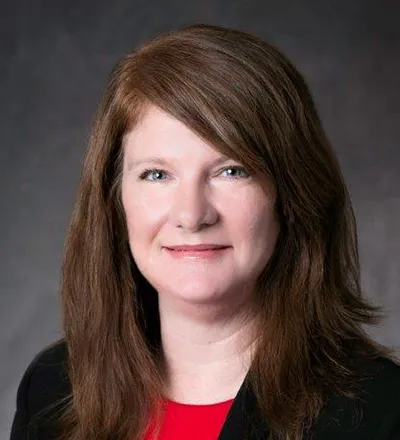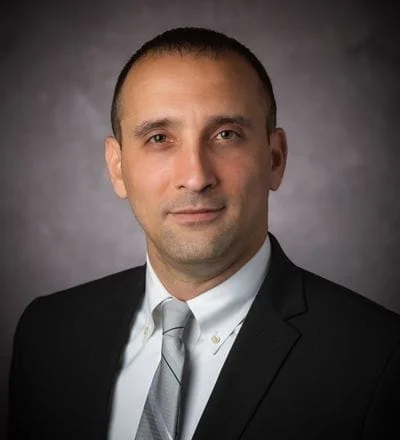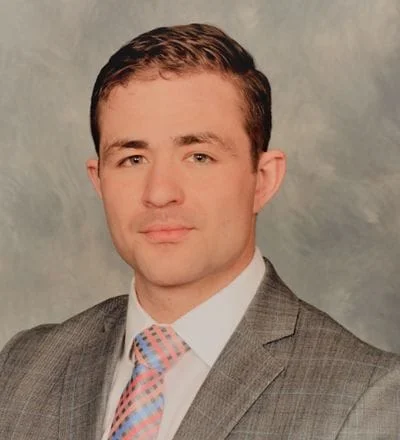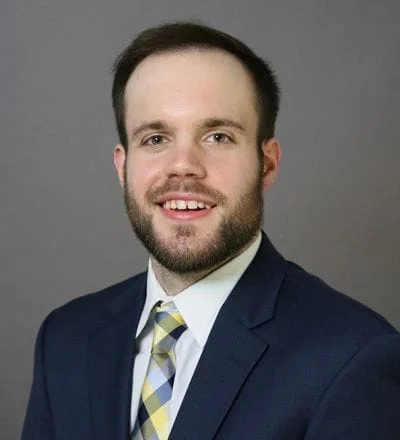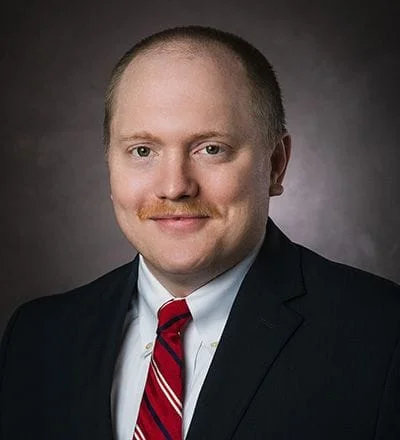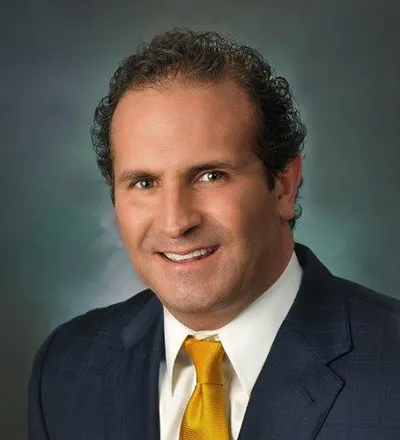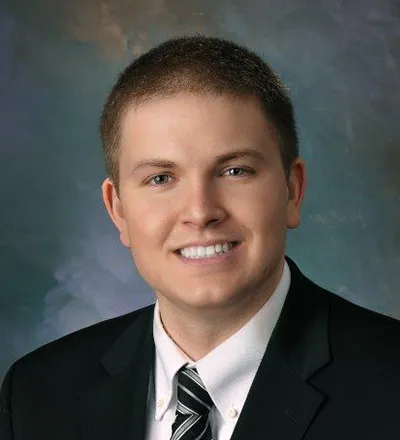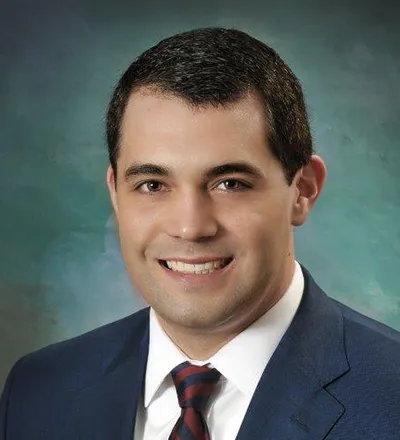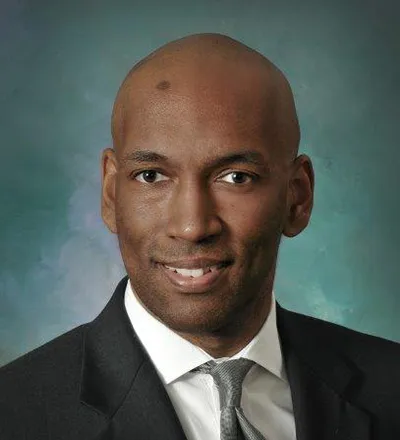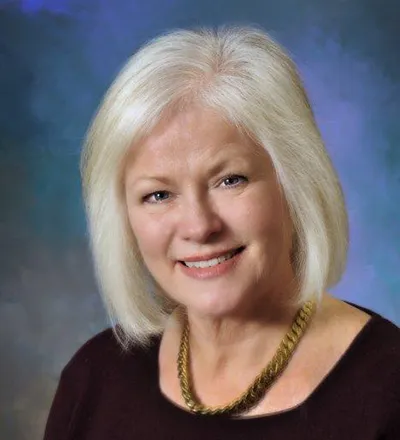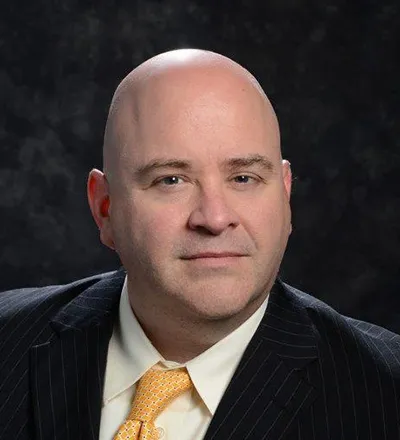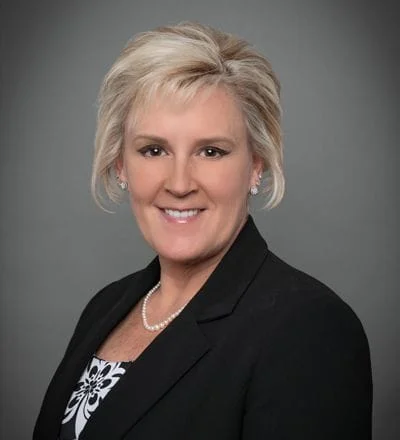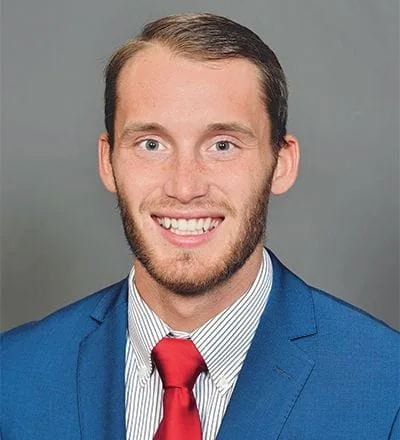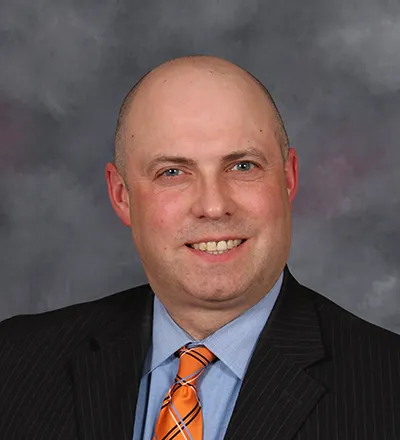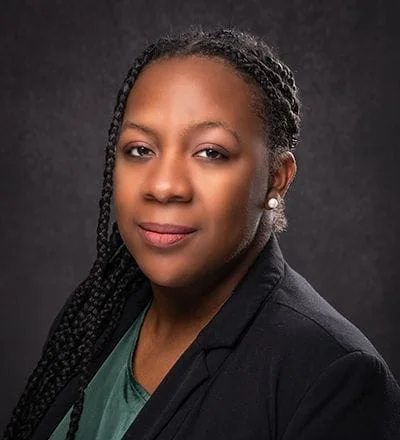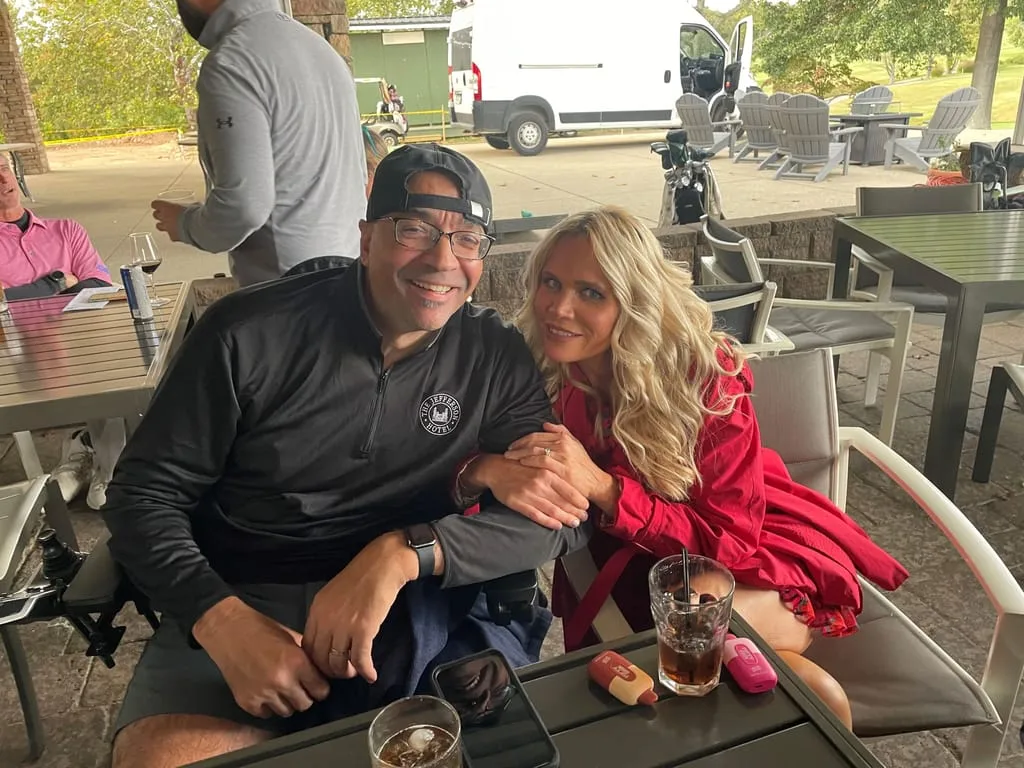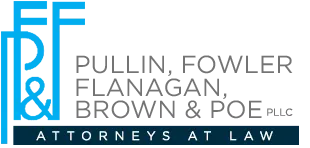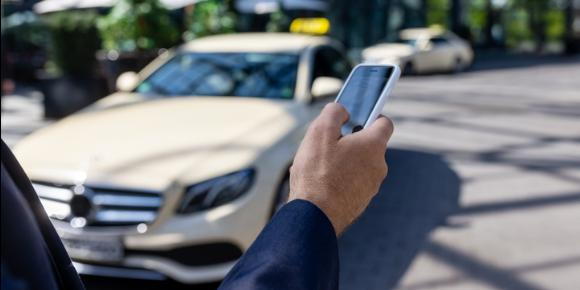
- posted: Jul. 20, 2023
- Insurance Defense Litigation
Lenders offering auto financing must comply with various federal and state consumer protection laws, including the West Virginia Consumer Credit and Protection Act (CCPA). A finance company must abide by the act when it is attempting to collect a consumer debt, and consumers can sue creditors when the act is violated. But in today’s gig economy, this raises an interesting question: When someone finances a vehicle that they use for their jobs, is that still a consumer transaction covered by the CCPA?
The CCPA states that its debt collection provisions apply when the property that is the subject of the transaction — such as a vehicle — is used primarily for personal, family or household purposes. If the buyer is using their vehicle to deliver for Door Dash or Grubhub, or to give Uber or Lyft rides, when can it be said that the primary use of the vehicle is more business than personal?
There are at present no reported West Virginia court cases directly addressing this question. The debt collection provisions of the CCPA were last updated in 2015, but those updates mainly addressed the penalties creditors face for violating the law.
If a court were to consider the issue of whether a person who uses their financed vehicle to perform their gig job is a consumer, the definition of “primarily” would most likely be key to the case. The court might look to apply a test that says when a vehicle is used a certain amount of time for business purposes — say, 40 hours a week — the vehicle can no longer be considered a primarily personal vehicle. Therefore, the user is not a consumer under the CCPA and not entitled to its protections.
On the other hand, courts often shy away from drawing such bright-line rules. More likely, the court would conduct a fact-intensive inquiry into all the different ways the plaintiff uses their car — such as transporting kids, getting groceries, commuting, driving for pleasure — and then weigh that against how much time the person spends using the car for their side gig.
Either way, it is clear, however, that a debtor’s failure to meet the “primary use” test would be a viable defense to consumer claims.
At Pullin, Fowler, Flanagan, Brown & Poe, PLLC, we represent West Virginia lenders an all aspects of litigation, including defense against private causes of action under the CCPA. We have offices in Charleston, Morgantown, Beckley or Martinsburg. Please call 304-344-0100 or contact us online for a consultation.
